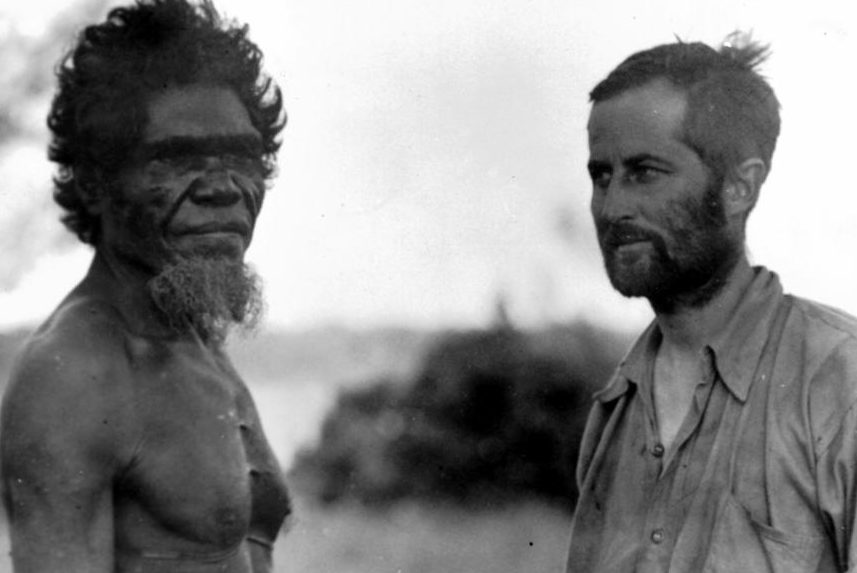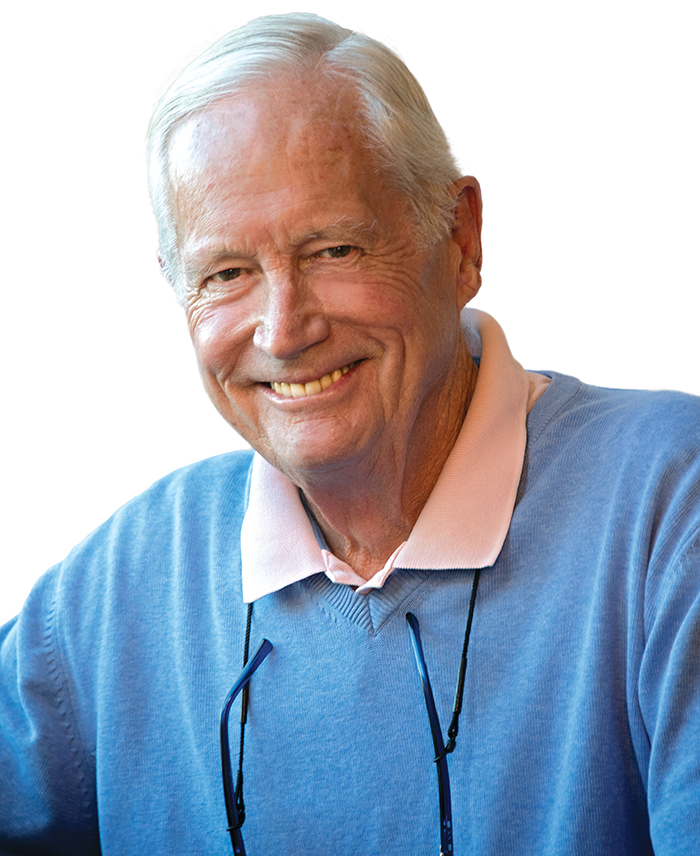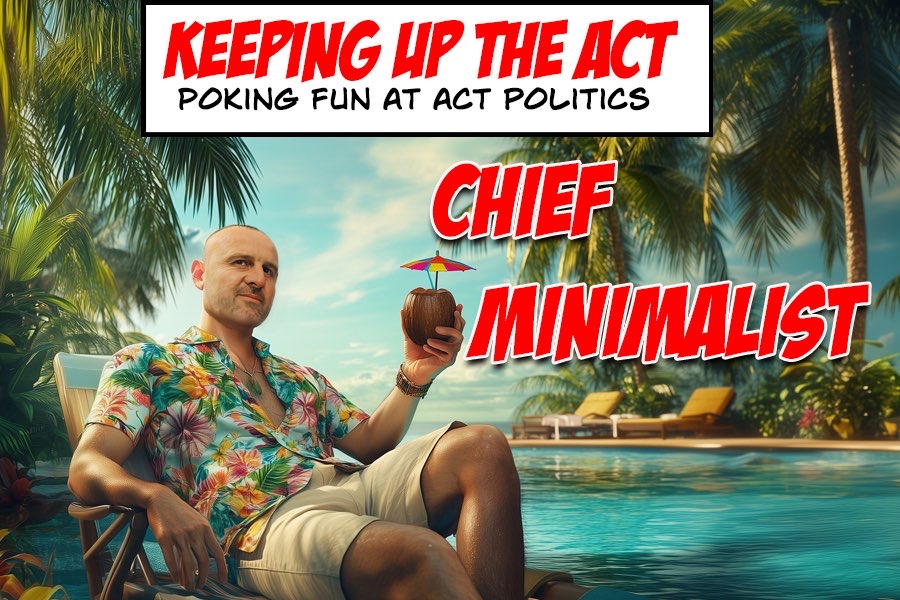
“His passion cost him his health and his first marriage, but he returned to his public quest for Aboriginal advancement, earning the praise of his Melbourne University professorial fellows as ‘Australia’s Lawrence of Arabia’,” writes The Gadfly columnist ROBERT MACKLIN.
The crushing loss of the Voice referendum might well turn out to be a blessing in disguise.

Not only did its proponents put the cart before the several horses that pulled it, neither steeds nor cart were fit for purpose.
The hacks in question were mostly Noel Pearson – he of the vicious “bed-wetter” insult to former social justice commissioner, Mick Gooda; Prof Marcia Langton, whose grating rage lost thousands of votes every time she took to the air waves; and Megan Davis, whose legalese spoke only to the Phillip Street toffs while turning off the knockabout Aussies in droves.
Prime Minister Anthony Albanese held the reins and is now acting as though the failure is the end of the journey. The truth is that he had the power and the authority to shape the ride, and he failed to do so.
Even when it was clear that the removal of a few unnecessary words giving Aboriginals direct connection to “the executive government” was turning voters off in droves, he sat on his prime ministerial hands.
Together they were so out of touch with today’s Australia that they made virtually no attempt to engage the massive migrant intake from Asia and the Middle East that now populates the suburban capitals with the horror story that is Aboriginal Australia through the 19th and 20th centuries.
But the cart they were pulling carried a message that entirely missed the point. It held the superficial view that an Aboriginal Voice would improve the delivery of government services to the indigenous community; and some kind of magical transformation would take place. This ignored the insights of anthropology which reveal a very different story.
It is one of a society dominated by the male warrior “elders” whose communal authority was a powerful mix of culture, law and religion. And when the whitefella priests, technologies and firearms robbed them of their authority, they took to the booze that finished the job.
Moreover, to restrict the Aboriginal engagement to issues that “directly affect them” was as silly and offensive as confining half-time AFL commentator Eddie Betts to speak only of the Aboriginal players’ performance. Little wonder they lashed out; their sons rebelled and set heart-rending records for hooliganism, self-harm and suicide.
As it happens, our first home-grown anthropologist, Donald F Thomson, was a born naturalist and in 1928 he began a lifelong struggle in north Queensland and then Arnhem Land on behalf of the people with whom he felt such fellowship.

In the 1930s the Lyons government commissioned him to intervene as a peacemaker between the races in the NT.
On his return three years later, he addressed the cabinet in Parliament House seeking a pause in the invasion of their territory by the cattle barons and the religious missions.
“I am speaking not from hearsay, nor from any personal motive, but from the hard experience of living with these people – not just among them, but as no white man is ever known to have lived… in their camps, travelling with them, hunting with them, eating their food, attending their ceremonies, talking their language,” he said.
“I am speaking not so much as a white man, but rather as a friend and advocate of these people for whom I have great regard… and an infinite pity.”
Alas, his plea was lost to prejudice and the threat of a Japanese invasion. He returned to Arnhem Land and organised the people into a coast watch and guerrilla force to harry the aggressors.
He then recruited 75 New Guinea head-hunters on a mission behind the Japanese lines where he was shockingly wounded. His passion cost him his health and his first marriage, but he returned to his public quest for Aboriginal advancement, earning the glittering academic prizes from Cambridge and the US, as well as the praise of his Melbourne University professorial fellows as “Australia’s Lawrence of Arabia” before his untimely death in 1970.
For years, his loyal second wife resisted attempts of all but selected members of the academic community to access his private papers. I was immensely fortunate to spend the last three years with his family and the leading anthropologist of our time, ANU Emeritus Professor Nicolas Peterson, writing his story. The resulting book, Fighting For Justice, was sent to the printer this week by publisher Hardie Grant Media.
When the great movement for Aboriginal advancement returns to the Australian agenda – as it must someday soon – it’s my fond hope that Donald Thomson’s story will power a new breed of activists who will take its powerful lessons to heart.
Who can be trusted?
In a world of spin and confusion, there’s never been a more important time to support independent journalism in Canberra.
If you trust our work online and want to enforce the power of independent voices, I invite you to make a small contribution.
Every dollar of support is invested back into our journalism to help keep citynews.com.au strong and free.
Thank you,
Ian Meikle, editor




Leave a Reply